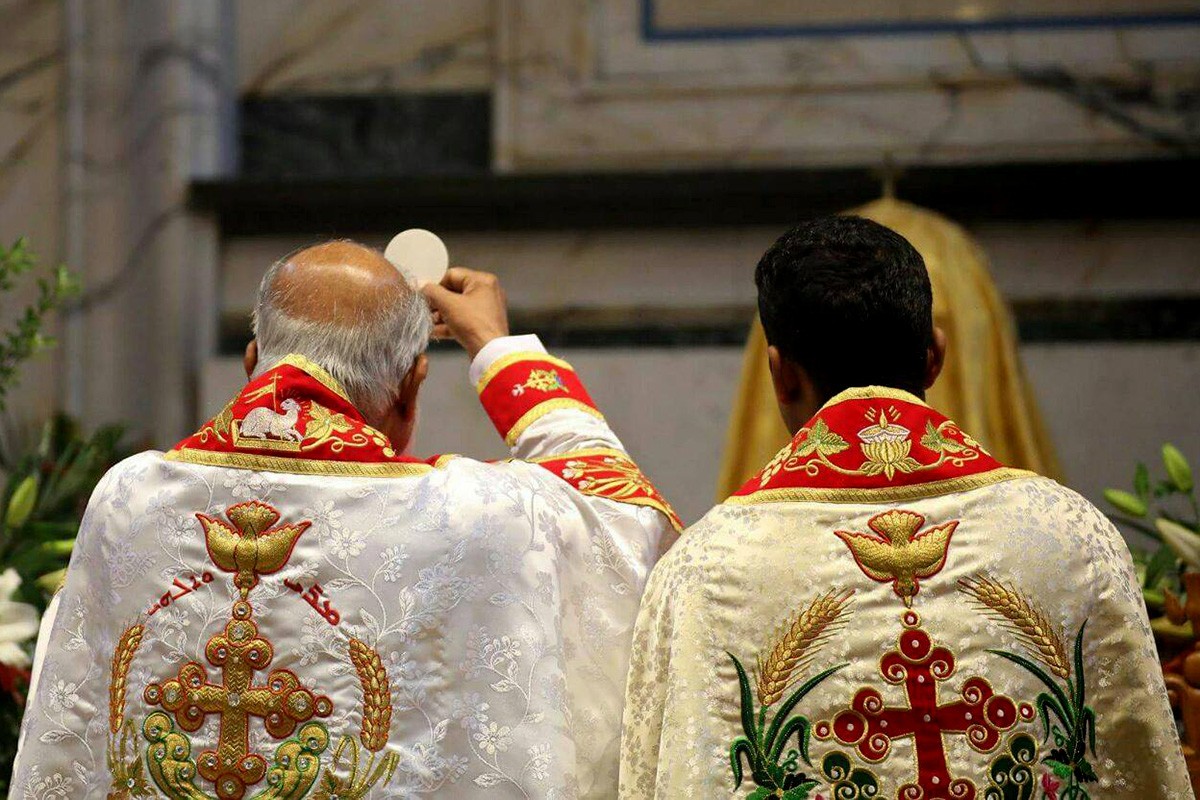The Syro-Malabar Church, one of the oldest Christian communities in India, expressed support for the two-year synodal process of the Catholic Church that was launched by Pope Francis this month.
A former spokesman of the Eastern rite Church said leaders should listen and realize the proposals that come from below, from parishes and territorial eparchies.
In an interview with AsiaNews, Father Paul Thelakkat, former spokesman for the Syro-Malabar Synod, said Eastern rite Churches “have always structured their ecclesial life on a synodal type structure.”
“Our Church has a long tradition of ‘Yogam,’ a word that indicates a council, a meeting, and which probably originates from the notion of ‘Sangam’ (assembly of poets) dear to Buddhism,” said the priest.
He said the Syro-Malabar Church is familiar with the concept of community and communion, although he noted that in the past, the “Yogamin,” or council, is reserved only for men of the upper class and caste.
Father Thelakkat said the current ecclesiastical system is “deeply synodal,” and the synod meets periodically and decides in the name of the faithful.
He said, however, that the Synod of Syro-Malabar bishops “does not have a system of consultation of the clergy, or of the religious, or of the laity.”
“We do not have always fruitful dialogue with the levels below the bishops,” said the priest, adding that the concept of authority and the power structure in the Eastern Church is the same as the Latin Church.
He said it is a limitation that Pope Francis identified “when he uses the term clericalism.”
“After all, the deconstruction of the power structure is very painful, but at the same time it is necessary in the modern world,” said Father Thelakkat.
He stressed “the importance of a participatory and open synodal process” at the lower levels of the Church.
“There should be no decision in the Church without adequate consultations,” he said, adding that only with dialogue can the Church move forward and “open the way to the divine.”
“Even Pope Francis has said that the Synod must be more than a parliament,” said the priest.
“I believe that the ecclesial assembly is like a novel with a series of characters, but what moves the actions of the individual subjects is the pen of the author, that is, Christ,” he said.
He said the characters “embody the constant presence of the author and his intentions.”
“This is why I say that the language of the synod, the incarnation of the Word of Christ, must be of love, sincerity and openness.”
“There must be clear indications on how important decisions that affect everyone are made,” he said, adding that “the best method is consensus, neither by majority nor by minority, (but) a consensus built on listening to several voices.”
The Synod on Synodality, opened by Pope Francis earlier this month, is a two-year, worldwide undertaking during which Catholics will be encouraged to submit feedback to their dioceses.
Synodality is generally understood to represent a process of discernment, with the aid of the Holy Spirit, involving clerics, religious, and lay Catholics, each according to the gifts and charisms of their vocation.







